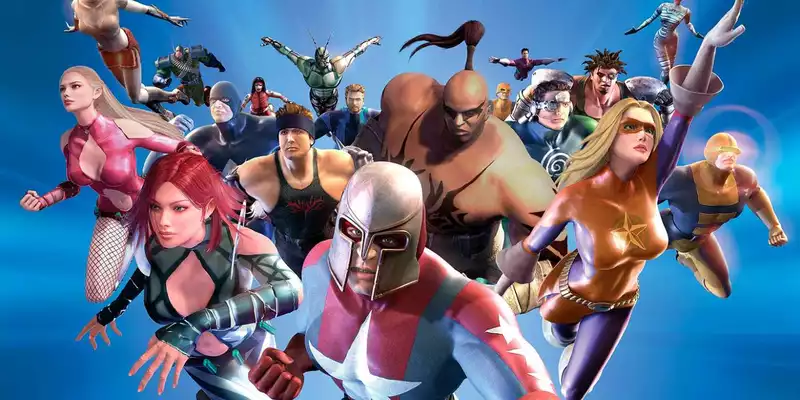A study by the Video Game History Foundation, "a nonprofit organization dedicated to preserving, celebrating, and teaching the history of video games," found that most antique games are out of reach of fans who do not want to wave the black flag on the digital high seas It found that.
"Eighty-seven percent of classic video games released in the United States are in crisis. Only 13% of video game history is represented in the current marketplace." In fact, no period of video game history defined in this study has even reached 20% representation."
Their methodology used a randomized sample of 1,500 games released before 2010, of which you can read a full breakdown here. They also collected more targeted data on different consoles, or "ecosystems": "Examples include the Commodore 64, Game Boy, and PS2, respectively. In total, more than 4,000 games were included in the study.
Whether a re-released game counted as "accessible" was determined by the extent to which the original had been preserved. For example, the foundation found that the 1987 remaster of "Jinxter" was still "accessible," while "Yakuza Kiwami," Sega's 2005 remake of the action game classic "Yakuza," was too different from the original to qualify as "in print." considered to be "in print" because it was too different from the original.
The study noted that "libraries and archives can digitally preserve video games, but they cannot digitally share them. Many of the games that the study identifies as "endangered" are still technically playable, just not possible if you don't live near an archive.
However, by comparing classic games to the movie "Titanic" you make a salient point: what if the only way to see "Titanic" is to find a used VHS tape and watch it, even if you have to maintain your own vintage equipment? One could store the VHS of "Titanic" and digitize it, but one would have to go to great lengths to get there to watch it.
This is in an environment where copyright laws and debates over game preservation are becoming increasingly complex, and where the platform itself is disappearing along with the title.
In an Ars Technica article linked to by the foundation, the U.S. Copyright Office's remote access exemption for archival works "explicitly excludes video games." Even video game researchers and historians must travel just to play games that would otherwise be impossible to buy.
According to the Foundation, "Major video game industry lobby groups have successfully argued to the U.S. Copyright Office that the industry is already doing enough to preserve its own history commercially and that additional protections for preservation organizations would hurt their bottom line.
And the Foundation cites several examples of aggressive industry campaigns against preservation efforts: in 2015, the Entertainment Software Association (ESA) argued that "there is no such thing as an outdated game."
And in 2021, the ESA again claimed that preservation of video games is "adequately addressed" by the current exemption, which the Video Game History Foundation has harshly questioned.
The debate over preservation is familiar to many gamers. The former is no longer playable, and the latter has completely reset the dial on quality-of-life improvements due to interference from IP holders.
Even one of my favorite MMOs, City of Heroes, was completely inaccessible until 2019, when a private server was finally released. Summing up how dire the situation is in concrete numbers is a step toward ensuring that no game is left behind.


Comments